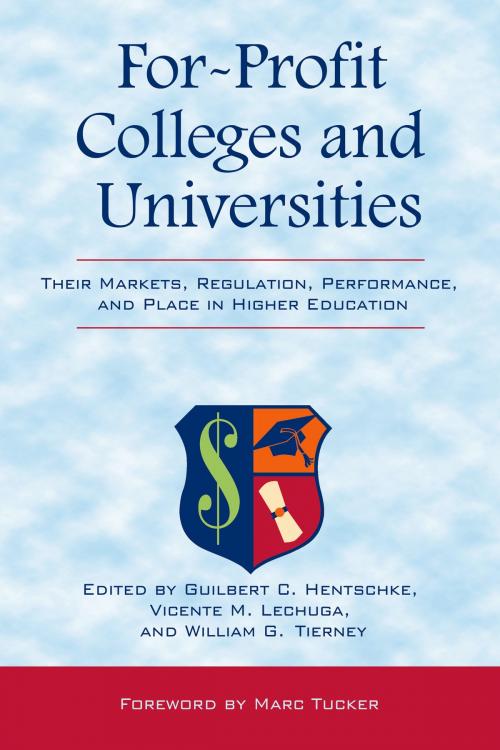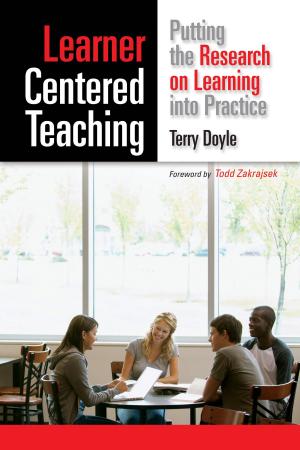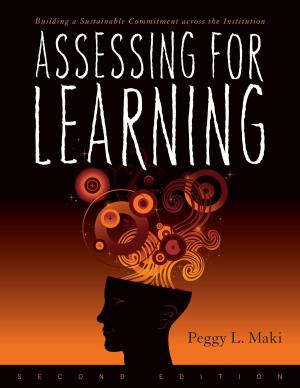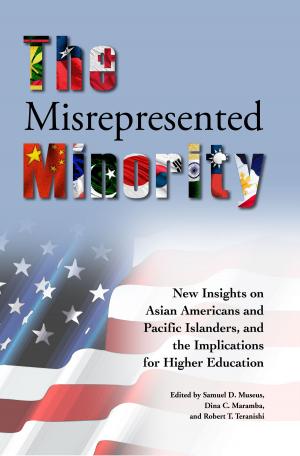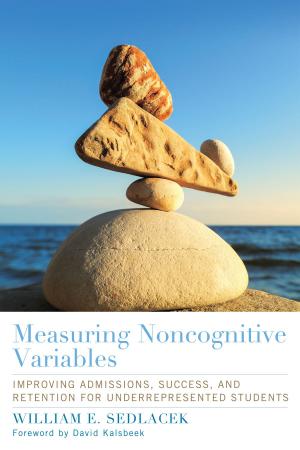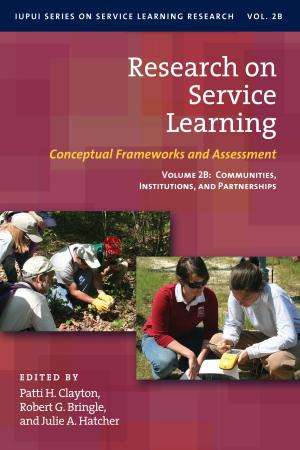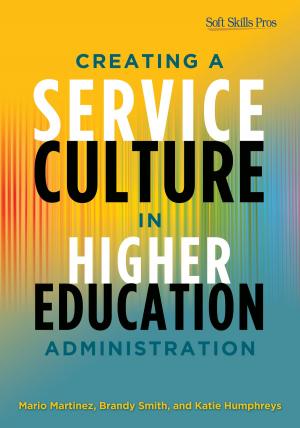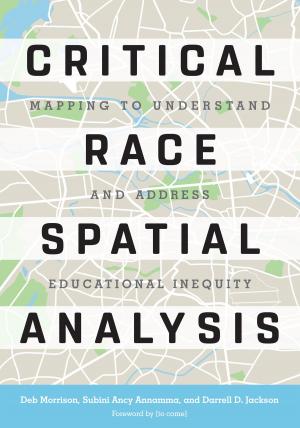For-Profit Colleges and Universities
Their Markets, Regulation, Performance, and Place in Higher Education
Nonfiction, Reference & Language, Education & Teaching, Educational Theory, Educational Reform, Higher Education, Administration| Author: | ISBN: | 9781579225285 | |
| Publisher: | Stylus Publishing | Publication: | March 12, 2012 |
| Imprint: | Stylus Publishing | Language: | English |
| Author: | |
| ISBN: | 9781579225285 |
| Publisher: | Stylus Publishing |
| Publication: | March 12, 2012 |
| Imprint: | Stylus Publishing |
| Language: | English |
“For-profit higher education is exploding in the U.S. and across the globe. This has produced a torrent of rhetorical claims from advocates and opponents, little of which is based in evidence. At last, a fair minded and comprehensive examination of this phenomenon by a team of top thinkers and researchers. This book is a jewel, must reading for policy makers, practitioners and scholars of higher education, whether in the for-profit or not-for-profit sectors.” ?Arthur Levine, President, Woodrow Wilson National Fellowship Foundation, and President Emeritus, Teachers College
This book offers a clear-eyed and balanced analysis of for-profit colleges and universities, reviewing their history, business strategies, and management practices; setting them in the context of marketplace conditions, the framework of public policy and government regulations; and viewing them in the light of the public good.
Individual chapters variously explore FPCU’s governance, how they develop courses and programs, and the way they define faculty work; present findings from in-depth interviews with part-time and full-time faculty to understand how external forces and the imperative of profit generation affect faculty roles and responsibilities of faculty; analyze policy considerations that affect FPCUs, including federal regulation and oversight, accountability and assessment, and the legal and regulatory issues FPCUs face internationally; and finally address the notion of academic freedom and the distribution of public monies to FPCUs.
This book offers a clear-eyed and balanced analysis of for-profit colleges and universities, reviewing their history, business strategies, and management practices; setting them in the context of marketplace conditions, the framework of public policy and government regulations; and viewing them in the light of the public good.
Individual chapters variously explore FPCU’s governance, how they develop courses and programs, and the way they define faculty work; present findings from in-depth interviews with part-time and full-time faculty to understand how external forces and the imperative of profit generation affect faculty roles and responsibilities of faculty; analyze policy considerations that affect FPCUs, including federal regulation and oversight, accountability and assessment, and the legal and regulatory issues FPCUs face internationally; and finally address the notion of academic freedom and the distribution of public monies to FPCUs.
“For-profit higher education is exploding in the U.S. and across the globe. This has produced a torrent of rhetorical claims from advocates and opponents, little of which is based in evidence. At last, a fair minded and comprehensive examination of this phenomenon by a team of top thinkers and researchers. This book is a jewel, must reading for policy makers, practitioners and scholars of higher education, whether in the for-profit or not-for-profit sectors.” ?Arthur Levine, President, Woodrow Wilson National Fellowship Foundation, and President Emeritus, Teachers College
This book offers a clear-eyed and balanced analysis of for-profit colleges and universities, reviewing their history, business strategies, and management practices; setting them in the context of marketplace conditions, the framework of public policy and government regulations; and viewing them in the light of the public good.
Individual chapters variously explore FPCU’s governance, how they develop courses and programs, and the way they define faculty work; present findings from in-depth interviews with part-time and full-time faculty to understand how external forces and the imperative of profit generation affect faculty roles and responsibilities of faculty; analyze policy considerations that affect FPCUs, including federal regulation and oversight, accountability and assessment, and the legal and regulatory issues FPCUs face internationally; and finally address the notion of academic freedom and the distribution of public monies to FPCUs.
This book offers a clear-eyed and balanced analysis of for-profit colleges and universities, reviewing their history, business strategies, and management practices; setting them in the context of marketplace conditions, the framework of public policy and government regulations; and viewing them in the light of the public good.
Individual chapters variously explore FPCU’s governance, how they develop courses and programs, and the way they define faculty work; present findings from in-depth interviews with part-time and full-time faculty to understand how external forces and the imperative of profit generation affect faculty roles and responsibilities of faculty; analyze policy considerations that affect FPCUs, including federal regulation and oversight, accountability and assessment, and the legal and regulatory issues FPCUs face internationally; and finally address the notion of academic freedom and the distribution of public monies to FPCUs.
